Eliav Benjamin: "the Abraham Accords have succeeded in drawing a new geopolitical landscape in the region"
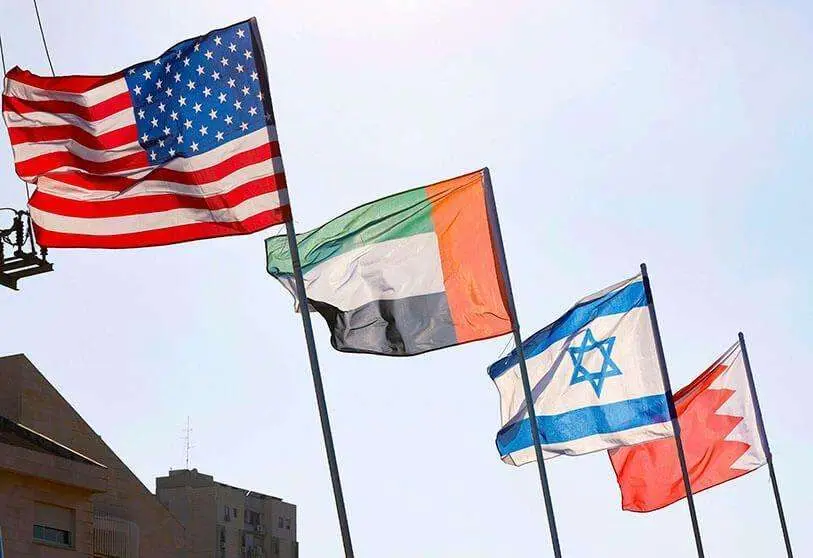
One year after the signing of the Abraham Accords, pacts that marked a historic step in the normalisation of Israel's agreements with the United Arab Emirates and Bahrain, diplomacy in the Middle East region has changed dramatically. For the first time, relations were formalised, learning to look beyond differences to create a strong and solid cooperative union that would be a sign of the new diplomatic era in the region.
Israel's foreign ministry organised a session to take stock of the diplomatic situation in the country one year after the Abraham Accords. The session also aims to highlight the achievements of the Abraham Accords.
In this sense, the director of the Foreign Ministry's Coordination Department, Eliav Benjamin, led the session, highlighting the "hard work carried out by the Foreign Ministry in the diplomatic sphere".
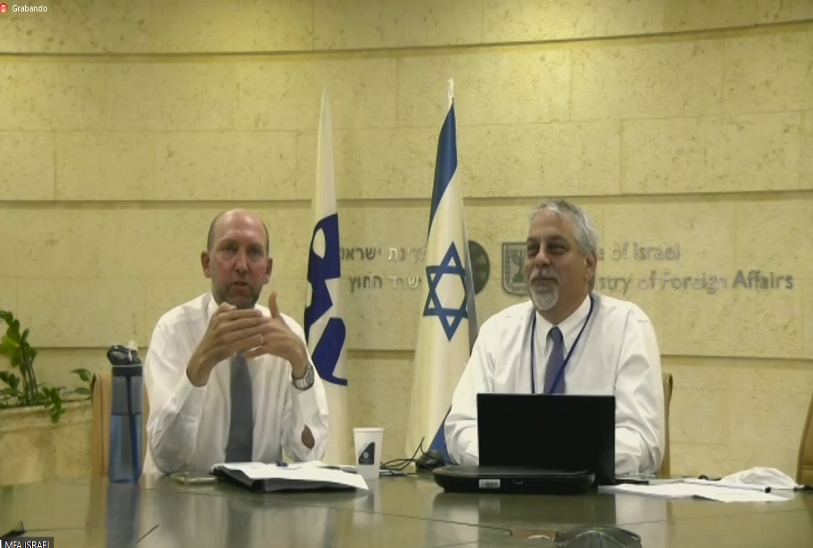
For Eliav, the agreements "are part of a great initiative that has managed to draw a new geopolitical panorama in the region". "This event is a great opportunity to see what we have achieved in comparison to last year" and also serves "to talk about a paradigm shift in the ways of diplomatic relations".
Furthermore, he stressed that "the public diplomacy work carried out by the Ministry of Foreign Affairs has managed to go beyond internal work", as it has succeeded in "sending the message that diplomacy is a platform for connecting us" and that it has reached "places that are difficult to reach".
On the one hand, the diplomatic outreach that has been achieved in the region has been pointed out, since in addition to having managed to open an embassy in the United Arab Emirates, political and economic relations have been maintained with Arab countries such as Bahrain, Morocco and Sudan.
In addition to these relations, the first direct flights from Israel and Morocco and vice versa have been approved this year, which is an example of the strengthening of relations between the two countries. In addition to these flights, direct flights to the Emirates, Bahrain and Sudan have also been added. In this regard, according to the Israeli Foreign Ministry, more than 200,000 Israeli tourists have travelled to the UAE since the approval of the agreements, and there are currently 43 weekly flights.
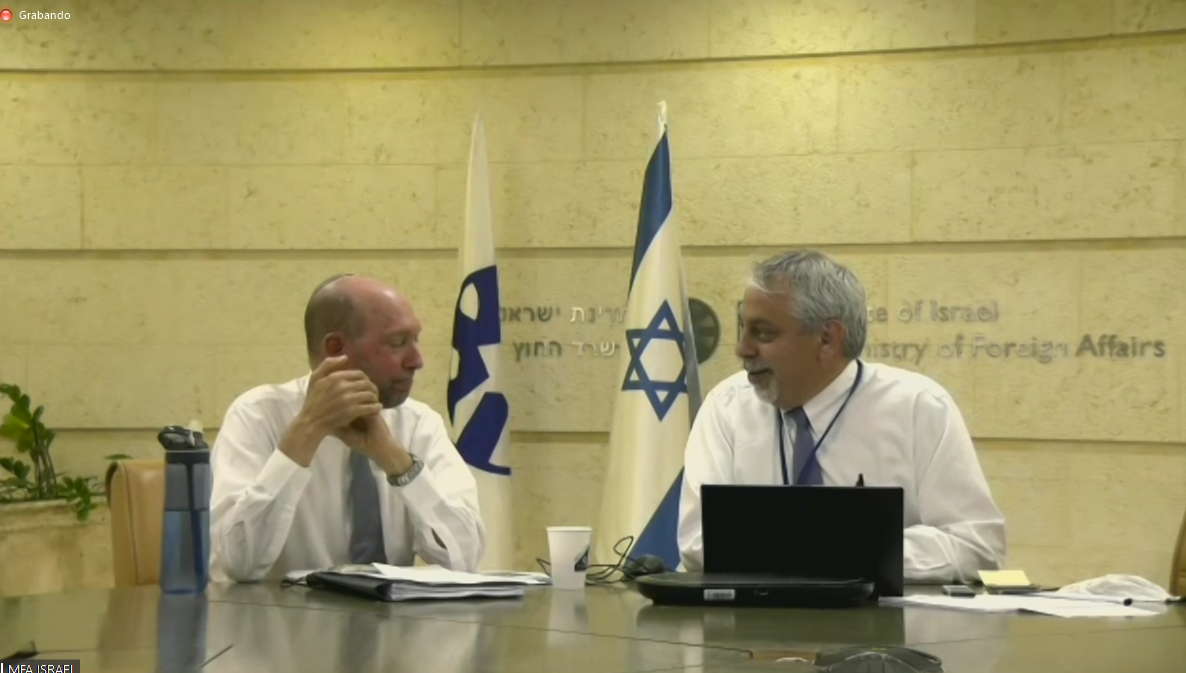
In fact, the UAE is one of the main countries with which diplomatic relations have been most fruitful, since, as the director announced, "in a couple of weeks the Israeli space agency will reach an agreement with the special agency of the UAE". "The sky is not our limit, we go further," he stressed.
Moreover, the recent inauguration of Expo 2020 in the United Arab Emirates is a diplomatic nucleus that demonstrates the good relations between Israel and the countries that have signed the agreements. In this sense, Eliav Benjamin stressed that "the expo in Dubai is a huge theme that will meet the initial expectations of millions of future visitors".
In this line, the director confirmed that "different Israeli ministers will visit the Expo", being the ministers of environment and tourism, thus transferring the opportunity to sign "a series of agreements with the Emirates to do business".
In addition, he stressed that, on a recent visit, Israel received the United Arab Emirates' Minister of Food Security. In this regard, he stressed that "great visits" had been carried out, which had succeeded in "inaugurating missions in different countries".
On the Moroccan side, Benjamin declared that "the Moroccan mission is here, it will be operational and we hope that these relations will end with the inauguration of an embassy in Rabat".
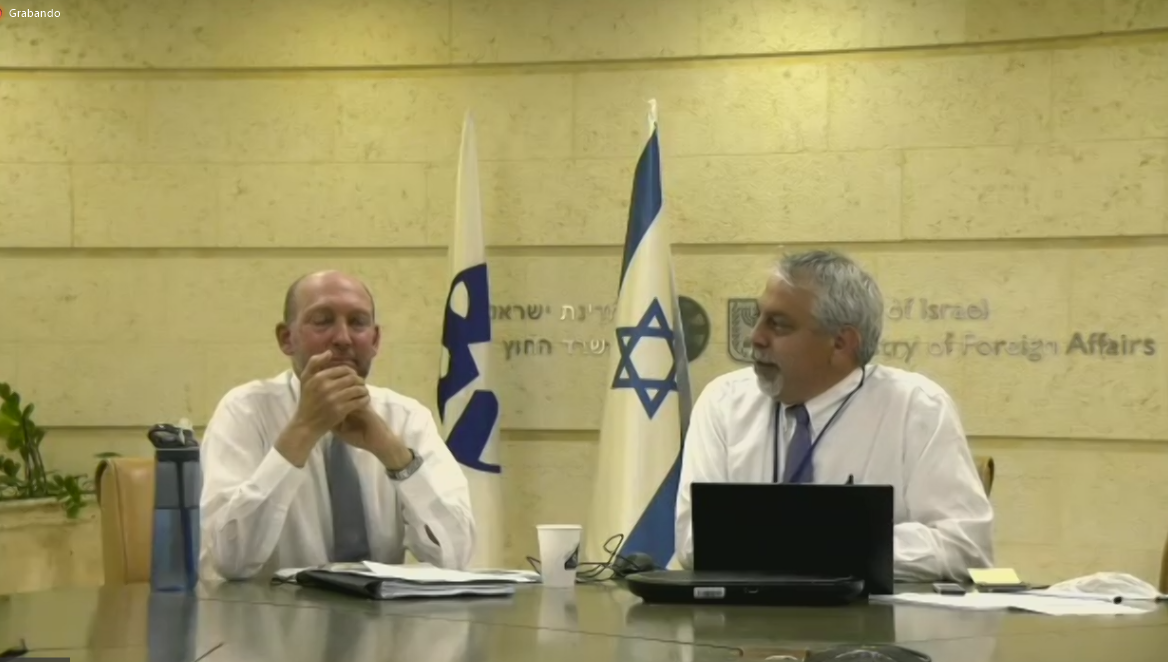
They are currently announcing a series of agreements aimed at academic exchange, cooperation in health and in different sectors. In this line, he points out that cooperation has become "a friendship" in which "we talk to our allies as brothers and sisters, something that we want to push for and achieve with the rest of the countries".
On the other hand, in the future of Israeli diplomacy, he predicts that "the pillars that are intended to support the bases of cooperation with different countries are based on four legs: economic, political, diplomatic and investment".
Moreover, in this new panorama, they state that "to develop relations we need to rely on trust and know each other sufficiently well".
This is evidence that there is a "paradigm shift" and that therefore there has been a change in the dynamics and attitudes in the Middle East, as well as in our interaction when it comes to talking about partnerships and sharing opportunities. So there is a need to "be more pragmatic and practical".
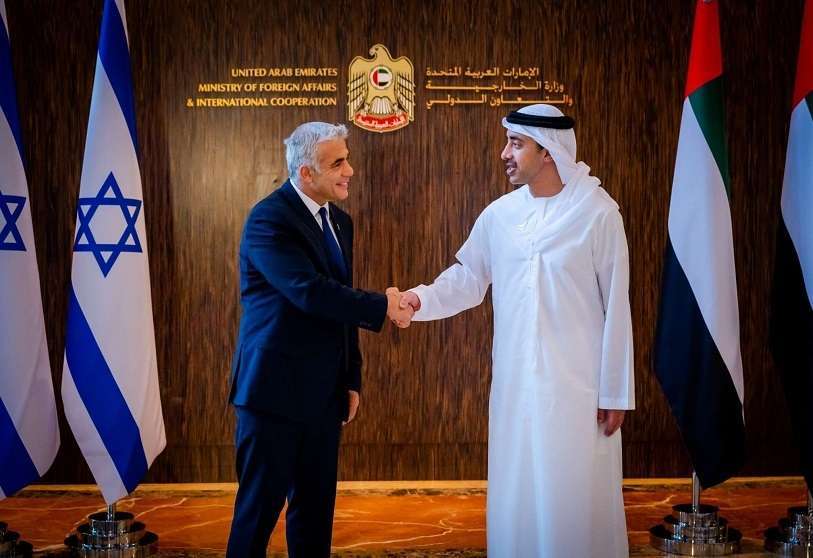
Referring to the pandemic, the director stressed that "COVID has shown us that the world is very small and at the same time we are very dependent in terms of cooperation, so it is necessary to be practical, to sit down together and unite interests (...) to be an alliance in tolerance in the face of extremism". "These are the things that count for our generations," he adds. "We need to continue to build a network with countries in the area and continue to invest in this new way of building relationships."
"Creating a network with countries in the area is a different kind of diplomacy and a different world when we look at last year in the way of cooperation and friendship. We must look beyond the expansion of relations with these countries, intensify and enlarge them," he concludes.








